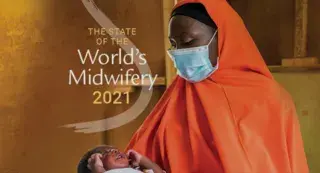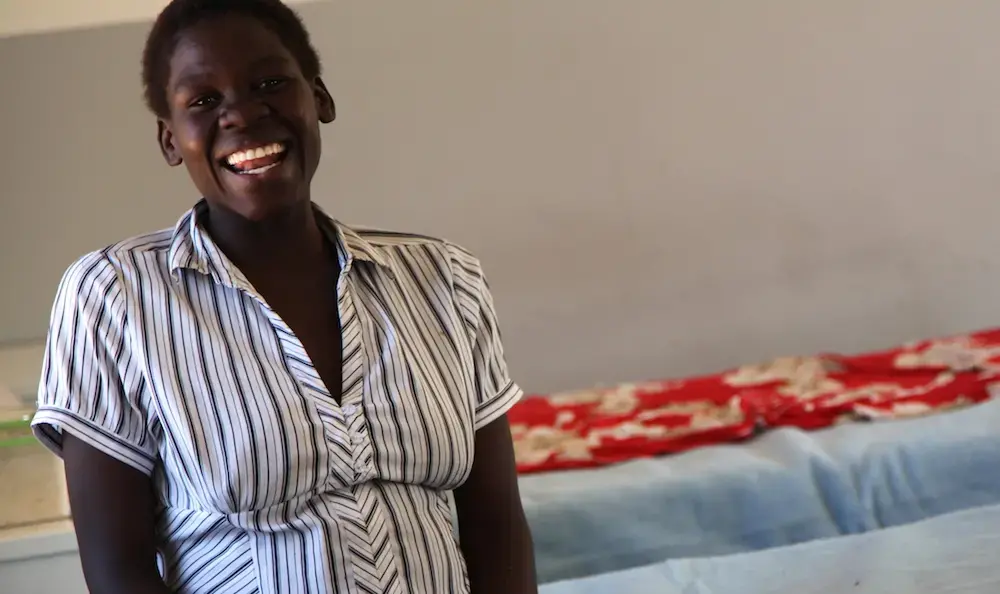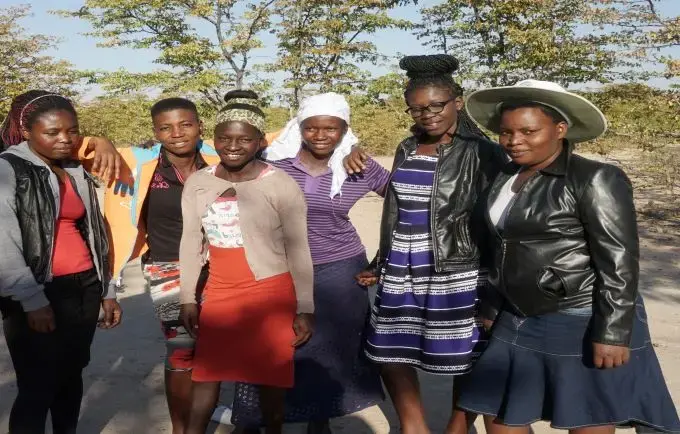Tendai Chimanda’s story is a true story of resilience. It is a story of humanity. Tendai resides in Birchenough Bridge in Manicaland, about 400kms outside the capital Harare. In 2006 at the age of 25 having gone into labour, Tendai spent 2 days at the local clinic but her labour failed to progress. She was referred to a higher level of care but by then it was too late for her and her baby. Her baby died. She developed an obstetric fistula leading to continuous leakage of urine.
“When the doctor explained what had happened to me I just could not understand it; I had never heard of anything like that in my life,” recalls Tendai. “I spent 3 months with a catheter as the doctors believed that I was young and I would probably heal but 3 months turned to 9 months and I did not heal and the doctor resolved to remove the catheter; it was a very difficult time in my life. I was then referred to a central hospital (Parirenyatwa) but even there the doctors couldn’t do anything for me.”
The obstetric fistula and the loss of her baby led to the breakdown of her marriage and she moved back home to her parents where she met her second husband.
“I told him about my situation and he accepted me the way I was,” explains Tendai. “I asked him many times if my condition would not cause problems with his family and he assured me over and over again that he loved me the way I was and he would help me get better.”
It took a while for Tendai to make the decision to commit again and eventually she did. Then with the support of her husband began the journey for her to get “better”. That journey included several visits to private doctors, hospitals, botched surgeries and finally a decision to just accept her situation.
“For more than 10 years we tried to get help but failed,” says Tendayi. “I then reached the stage where I told my husband that I was now too tired to continue looking for help; I thanked him for all his support. We had spent a lot of money on transport, medical costs and so on; I felt it was enough.”
Having given up all hope of ever getting well many years later Tendai met a nurse at a nearby police camp who was speaking about the obstetric fistula repair programme. She was looking for women with obstetric fistula in the community and rest as they say is history. Tendai is one of the many women who have received life changing surgery at Chinhoyi Provincial Hospital free of charge.
“At first I was sceptical; I wasn’t sure it would work. When I got to Chinhoyi hospital I met many other women, including those with worse situations than mine; others leaked faeces. It was so sad,” she explained.
Many women living with obsteric fistula are ostracised within their communities due to the bad odour that comes from constantly leaking urine or faeces or both. In the absence of fistula repair surgery many women have lived for many years in isolation, poverty and with no dignity.
Today, Tendayi is a new woman thanks to UNFPA’s Campaign to End Fistula which began in 2015. UNFPA in partnership with Ministry of Health and Child Care and Women and Health Alliance Internationa (WAHA) conduct free fistula repair camps at Chinhoyi Provincial Hospital. There, local doctors are mentored by WAHA surgeons to be able to conduct the surgeries in future. To date over 500 women have been repaired free of charge through this programme. – Bertha Shoko




